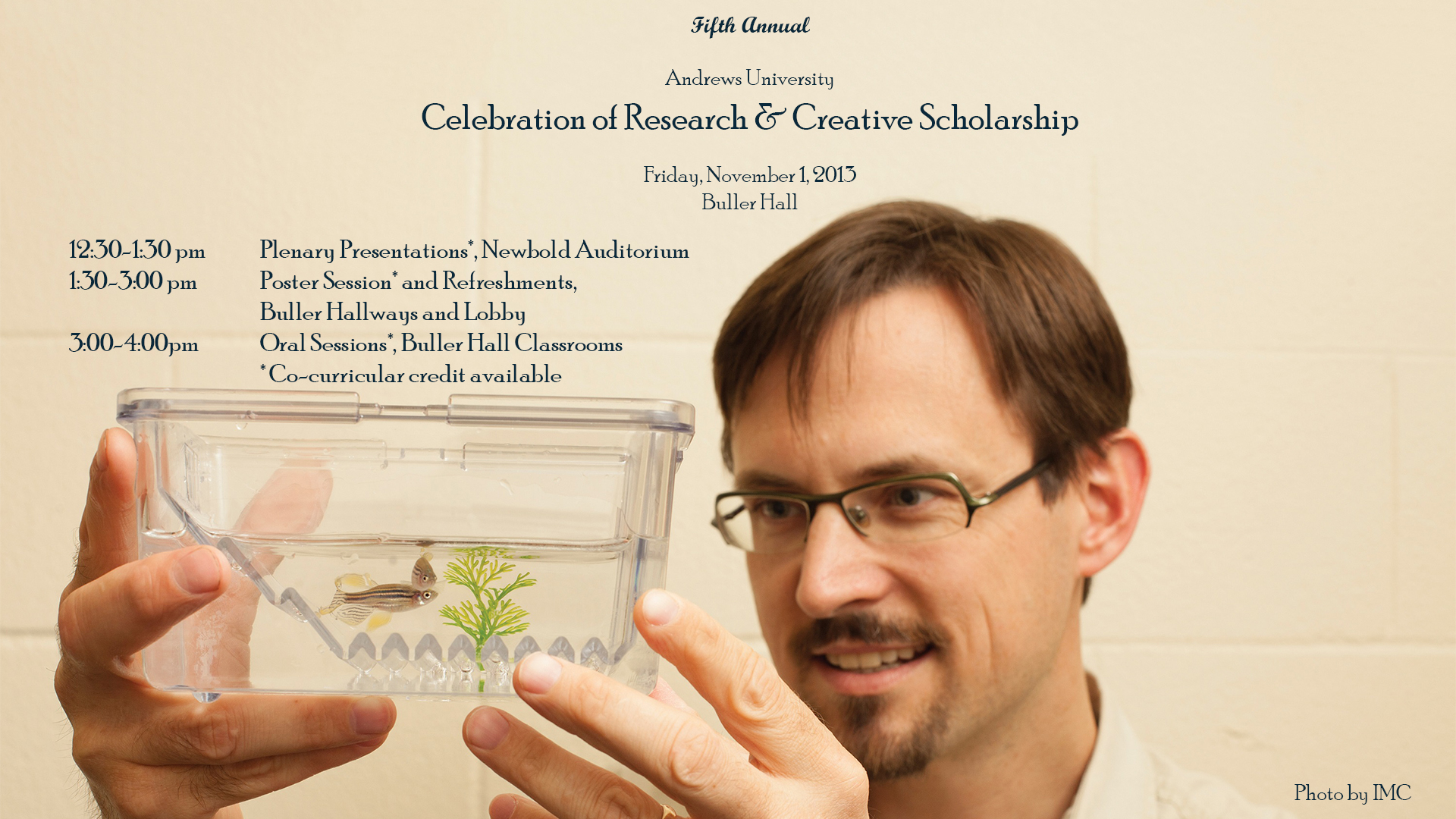Presentation Title
D-1 Shakespeare and the Cultural Olympiad: Contesting Gender and the British Nation in the BBC’s Hollow Crown
Presenter Status
Department of English
Preferred Session
Poster Session
Location
Buller Room 208
Start Date
1-11-2013 3:00 PM
End Date
1-11-2013 3:15 PM
Presentation Abstract
As part of the 2012 Cultural Olympiad celebrating both the Queen’s Diamond Jubilee and the London Olympics, the BBC launched a season of programs entitled, “Shakespeare Unlocked.” To boost cultural capital, the BBC partnered with the Royal Shakespeare Company and its World Shakespeare Festival as well as the British Museum. “Shakespeare Unlocked” featured a range of programming, including a documentary hosted by Simon Schama, scene performances and analyses by members of the Royal Shakespeare Company, and freshly produced, full-length adaptations. Described as “a season exploring how one man captured so much about what it means to be human,” Shakespeare Unlocked most notably presented the plays of the second tetralogy in four feature-length adaptations that aired in June and July of 2012. These plays so obviously engaged with the question of English nationalism suited a year in which the United Kingdom wrestled with British identity in a post-colonial and post-Great Recession world. Released under the unifying title The Hollow Crown, these films project in the maturation of Tom Hiddleston as Hal a concept of British identity—Caucasian, male, and virile—rooted in surprising traditionalism and feature lamentably outdated approaches to casting and staging. In Shakespeare Unlocked, the BBC marshaled programming to showcase a British cultural icon, Shakespeare the Great Humanist, who captures “so much about what it means to be human.” But The Hollow Crown reveals yet again that the gender and ethnic identity of that “human” continues to be defined, at least for the BBC, within fairly narrow borders.
D-1 Shakespeare and the Cultural Olympiad: Contesting Gender and the British Nation in the BBC’s Hollow Crown
Buller Room 208
As part of the 2012 Cultural Olympiad celebrating both the Queen’s Diamond Jubilee and the London Olympics, the BBC launched a season of programs entitled, “Shakespeare Unlocked.” To boost cultural capital, the BBC partnered with the Royal Shakespeare Company and its World Shakespeare Festival as well as the British Museum. “Shakespeare Unlocked” featured a range of programming, including a documentary hosted by Simon Schama, scene performances and analyses by members of the Royal Shakespeare Company, and freshly produced, full-length adaptations. Described as “a season exploring how one man captured so much about what it means to be human,” Shakespeare Unlocked most notably presented the plays of the second tetralogy in four feature-length adaptations that aired in June and July of 2012. These plays so obviously engaged with the question of English nationalism suited a year in which the United Kingdom wrestled with British identity in a post-colonial and post-Great Recession world. Released under the unifying title The Hollow Crown, these films project in the maturation of Tom Hiddleston as Hal a concept of British identity—Caucasian, male, and virile—rooted in surprising traditionalism and feature lamentably outdated approaches to casting and staging. In Shakespeare Unlocked, the BBC marshaled programming to showcase a British cultural icon, Shakespeare the Great Humanist, who captures “so much about what it means to be human.” But The Hollow Crown reveals yet again that the gender and ethnic identity of that “human” continues to be defined, at least for the BBC, within fairly narrow borders.



